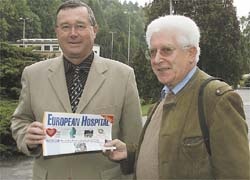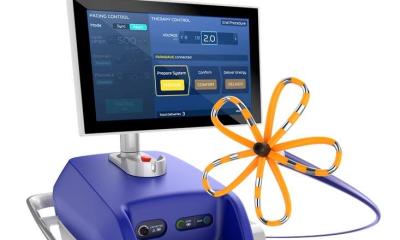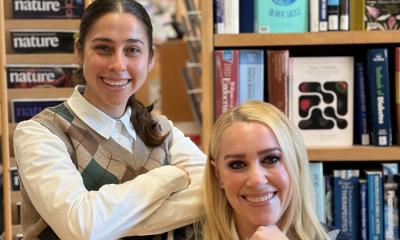Luhacovice
A tongue twister town (but easy on the eye, body and soul) is all set to welcome EU VIPs
Admittedly not one of the easiest names to pronounce but a name to note: Luhacovice in the Czech Republic.

Nestled in the rolling White Carpathian hills of Moravia this small spa is a renowned centre for the treatment of a substantial number of disorders (respiratory tract, digestive and metabolic systems, musculoskeletal, diabetes, certain vascular diseases and some cancers) with procedures including inhalations, carbonated baths and other hydrotherapies.
During the EU Presidency of the Czech Republic in the first half of 2009, Luhacovice will host a three-day meeting of the Council of the European Union this January, which prompted the organisers to proudly point out that their little town of just 5,000 inhabitants triumphed over the famous three Czech spas Karlovy Vary, Marianske Lazne and Frantiskovy Lazne. Perhaps the choice was influenced by the fact that the entire Spa Square, with its beautifully restored period buildings, is currently under review as a UNESCO World Heritage site.
The spa town boasts 16 sodium hydrocarbonated acidulous springs, with water temperatures fluctuating between 10 and 12°C. Due to their high CO2 content, the springs are deemed to be the most effective in central Europe.
For over 300 years, these springs have been used for their health-giving properties. The current spa operator, Bad Luhacovice AG, offers 1,300 beds, and 15% of patients/guests are foreigners, primarily from Germany, Austria and Israel, but more recently also from the US, Asia and Russia. The ratio of private payers to insurance patients is currently 50:50.
20.12.2008





